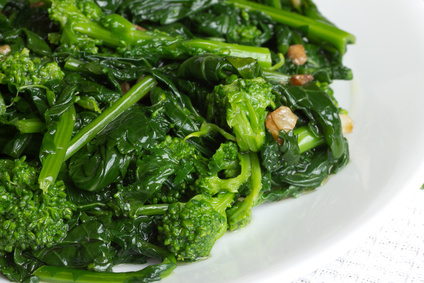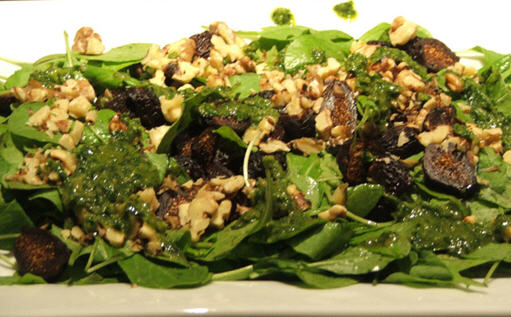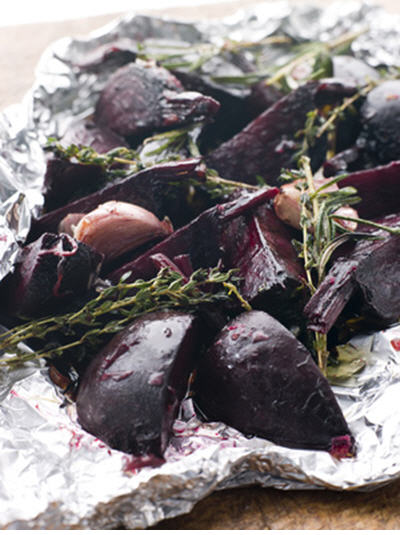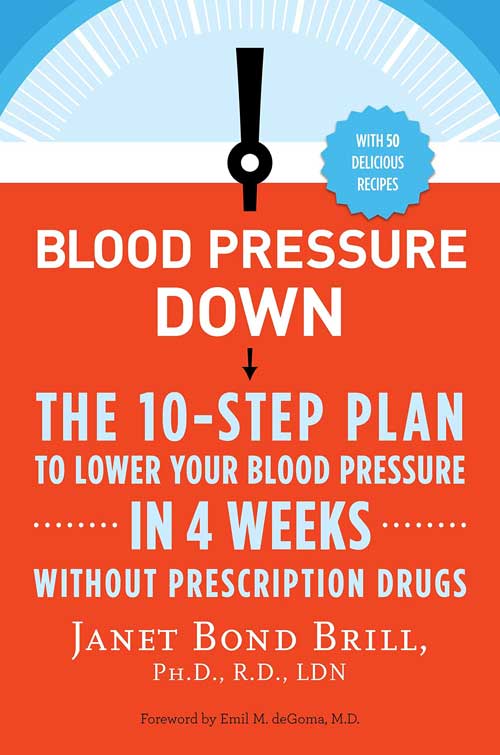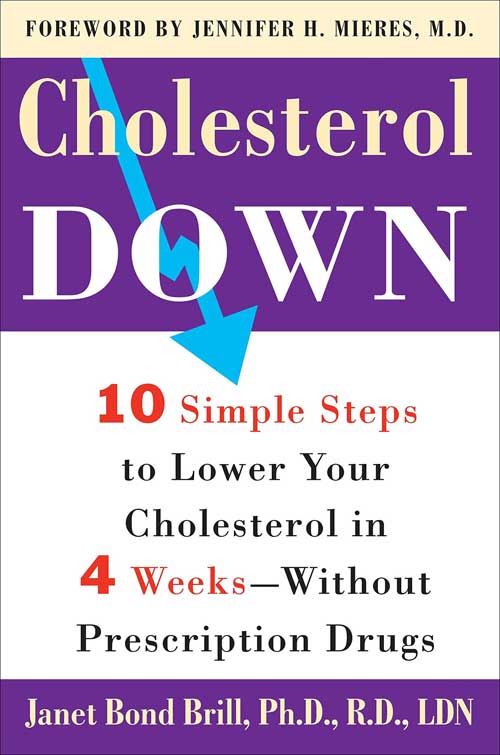By amanda


“Give a man a fish and he will eat for a day. Teach a man to fish and he will eat for a lifetime.”
–Confucius
New research is reaffirming the notion that the simple act of eating fish does indeed contribute to longevity. Why not take action this month to better your health by choosing to eat fish at least two meals per week?
The study was published (April 2, 2013) in the prestigious journal, Annals of Internal Medicine. Nearly 3000 healthy Americans aged 74 and older were subjected to 14 years of clinical exams and blood tests. There were 1625 deaths over the study period. Statistical analysis revealed that people with the highest blood levels of omega-3 fish fats (from eating fish, not popping supplements) were associated with the lowest mortality rate. After adjusting for confounding variables, it was determined that those people with the highest level of omega-3 fat in their blood stream were 40 percent less likely to die of heart disease and 48 percent less likely to die of an arrhythmia (a malfunction in the electrical rhythm of the heart) compared to those with the lowest level of blood omega-3. The researchers concluded that those people eating the most fish lived an average of 2.22 more years than those eating the least amount of fish.
Dr. Janet”‘s Advice: how to eat more fish
- Tip #1: Go to your local fish monger and be sure to buy really fresh fish – fish that doesn”‘t have a fishy smell. Don”‘t be shy about asking to smell the fish before purchasing. Ibuy fish that”‘s right off the boat – in bulk– take it home, cut it into individual servings, wrap in wax paper, label, and freeze.
- Tip #2: If you eat out, frequent a steak house, where you can almost always find salmon or a tuna steak on the menu. Just be sure to order it grilled and simply dressed with a squeeze of fresh lemon.
- Tip #3: Consider a can of water-packed albacore tuna served over your greens for lunch with olive oil vinaigrette–instead of a sandwich of cold cuts.
- Tip #4: Contrary to popular belief, both deep-sea cold water fish and freshwater fish from cold waters (such as lake herring, lake trout, and whitefish) are good sources of healthful omega-3 fatty acids. Buy them fresh or frozen; bake, grill, or broil and not deep-fry the fish for maximum heart health benefits.
Tuna Romesco Recipe
A meaty tuna steak topped with a fresh, spicy, almond-studded tomato sauce.
- Four 6-ounce tuna steaks
- 1/2 teaspoon kosher salt
- 1/2 teaspoon freshly ground black pepper
- 1 plum tomato, cut in half and seeds removed
- 1 tablespoon extra-virgin olive oil
- 1 teaspoon minced garlic
- 1/4 cup blanched almonds
- 1/4 cup sun-dried tomato
- 1/4 cup chopped roasted red pepper
- 1 pinch crushed red pepper flakes
- 1 tablespoon red wine vinegar
- 1 tablespoon fresh chopped parsley
Season tuna with salt and pepper and refrigerate until ready to cook. Roughly chop the tomato. In a skillet heat the olive oil over medium heat. Add the garlic and almonds and sauté until the garlic turns golden but not too brown. Add the plum tomato, sun-dried tomato, roasted red pepper, and red pepper flakes. Cook until the tomato is soft. Let cool. Place the tomato mixture in a blender and puree until smooth. Remove to a bowl and stir in the vinegar and parsley. To cook the tuna, spray the fillets lightly with nonstick cooking spray. Heat a nonstick skillet or grill to high heat. Cook for 4 to 5 minutes on each side depending on thickness and desired degree of doneness.
Serves 4
NUTRITION per 6-ounce tuna and 1/4 cup sauce:
- Calories: 285
- Fat: 10 g (< 1 g EPA, < 1 g DHA, <1 g ALA)
- Saturated Fat: 1 g
- Cholesterol: 77 mg
- Sodium: 307 mg
- Carbohydrate: 6 g
- Dietary Fiber: 2 g
- Sugars: 2 g
- Protein: 43 g
Excerpted with permission from Prevent a Second Heart Attack by Janet Bond Brill ©2/2011.






